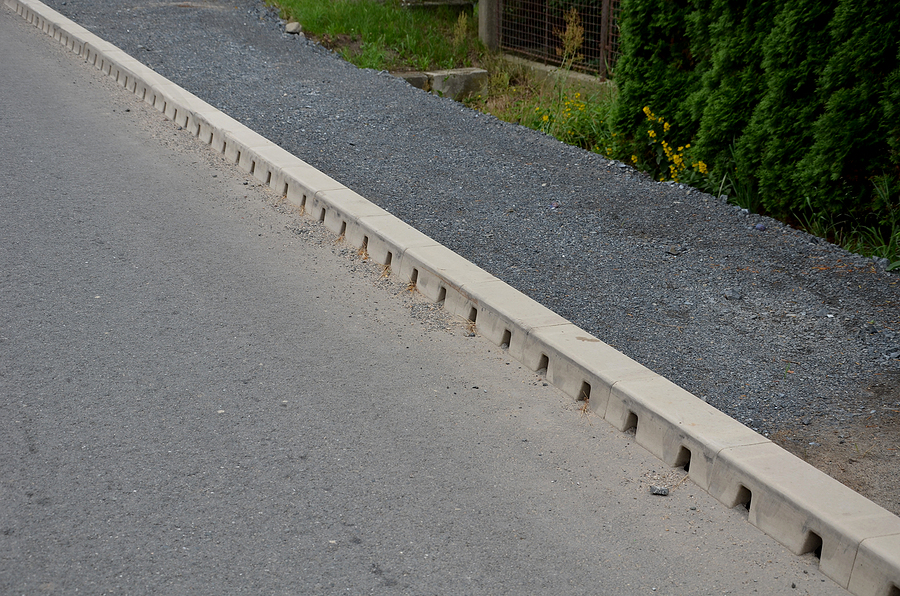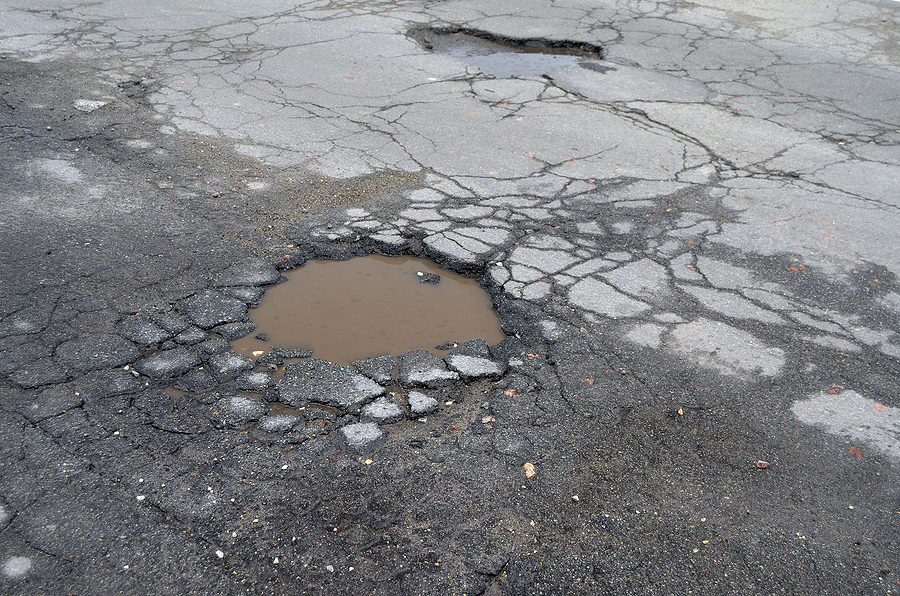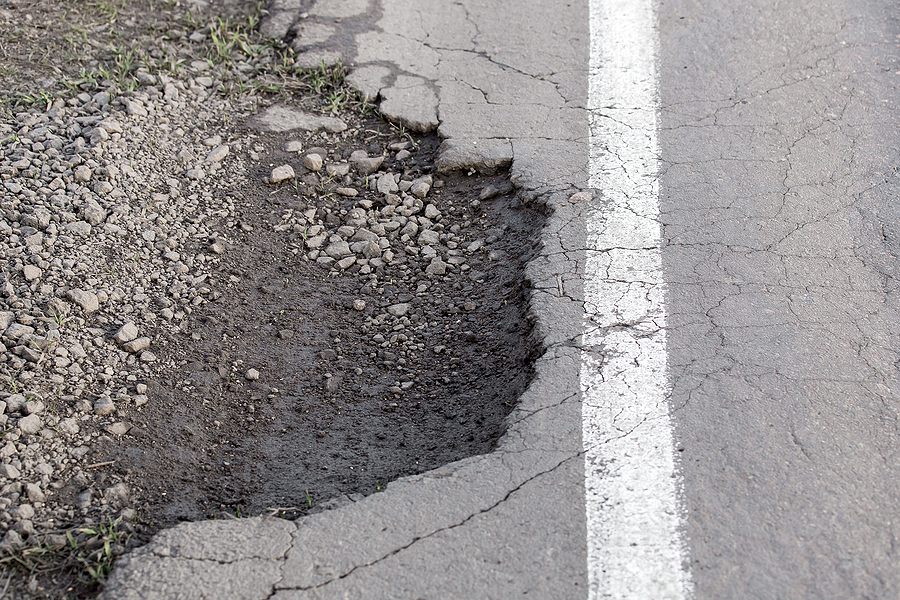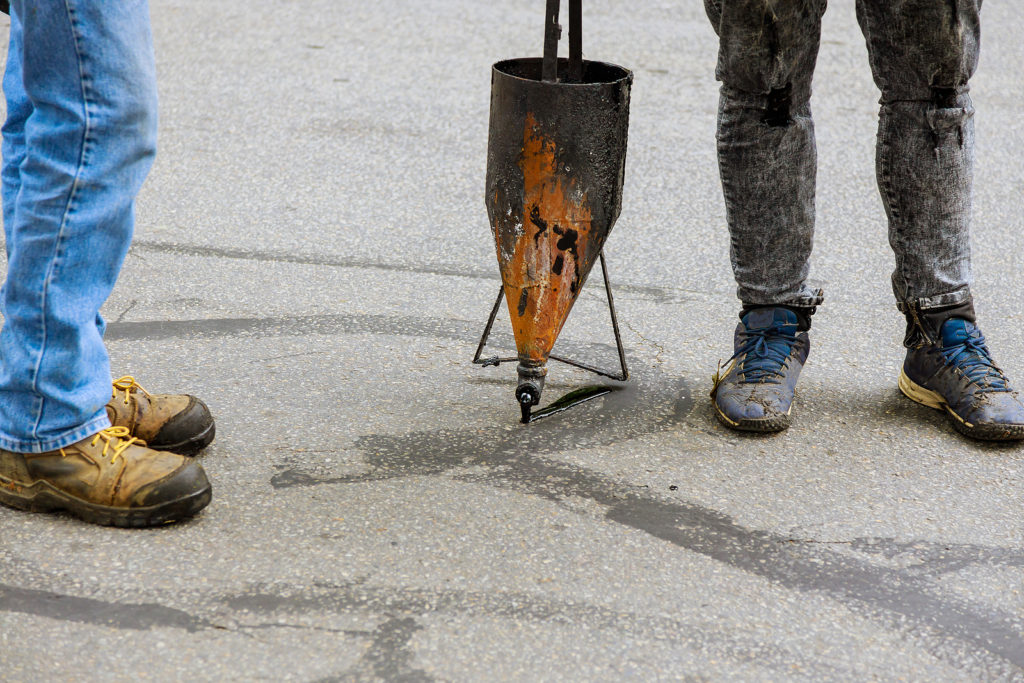When it comes to choosing the right material for your commercial property’s pavement, the decision may seem overwhelming. There are many options available, each with its own set of advantages and disadvantages. In recent years, asphalt paving has emerged as a preferred choice for many property owners and asphalt companies.
But what makes it stand out from other materials like concrete? In this blog post, we’ll dive into the multiple benefits of asphalt paving for your commercial property and why it might just be the ideal solution for your paving needs.

What is Asphalt?
Asphalt, also known as bitumen or blacktop, is a mixture of aggregate material and asphalt cement. Asphalt cement is a type of petroleum-based product that binds the aggregate together. Paving with asphalt requires specialized equipment and skill to ensure it’s done properly and can withstand years of wear and tear. Asphalt paving is smoother than concrete and provides better traction.
Best Applications for Asphalt Paving
Asphalt is the best choice for a variety of commercial and residential applications. It’s an ideal material for parking lots, driveways, roads, highways, and sidewalks. It is also great for tennis courts, paddle ball courts, terraces, outdoor plazas, and hiking trails. Asphalt can also be used as a decorative topcoat to enhance the aesthetic appeal of your property.
Top Advantages of Asphalt
Durability and Longevity
One of the greatest advantages of asphalt paving for your commercial property is its durability. Asphalt surfaces are designed to last, with a lifespan that can easily exceed 20 years in some cases. This makes it much more cost effective than other materials like concrete in the long run. Furthermore, asphalt is also resistant to damage from ultraviolet rays, oils, and other common chemicals. Asphalt also has excellent traction properties which helps provide a safe surface for visitors.
Low Maintenance
Another advantage of asphalt paving is its low maintenance requirements. Asphalt surfaces can easily be kept clean and presentable with regular sweeping and occasional washing. In addition, repairs to asphalt are usually much simpler than those required for concrete surfaces, as the material can much more easily be patched up or resurfaced.
Easy Installation
One of the biggest reasons why asphalt is such a popular choice for commercial properties is its ease of installation. Asphalt paving can usually be completed in a single day, even for larger areas. It also requires minimal equipment and preparation materials compared to other materials like concrete, making it a much more cost-effective solution.
Versatility
Asphalt paving is incredibly versatile, making it suitable for an array of commercial applications. It can be used to pave driveways, sidewalks, parking lots, and other outdoor areas with ease. Furthermore, asphalt surfaces can also be designed to fit any shape or size you may require. This makes it much easier for property owners to create custom designs without compromising on the durability or longevity of the surface.
Cost-Effectiveness
Finally, asphalt paving is incredibly cost-effective when compared with other materials like concrete. The material itself is usually much less expensive than concrete and requires fewer resources during installation. Asphalt also requires significantly lower maintenance costs over time, making it a much more cost-effective choice in the long run.
Final Thoughts
When it comes down to choosing the right material for your commercial property’s pavement, asphalt paving is an excellent solution. Its durability, versatility, and low maintenance requirements make it the ideal choice for many property owners and their chosen Indianapolis asphalt providers. With its proven longevity and cost-effectiveness, you can rest assured that you’re making the right decision for your paving needs.
Indiana asphalt companies are experienced in assessing and understanding the specific needs of their clients, providing tailored solutions to meet their requirements – but you must be wise with your choice or provider. Contact ACI Asphalt and Concrete at 317-549-1833 for commercial asphalt repair and sealcoating services in Indianapolis, Indiana. We serve commercial and industrial clients all throughout the state.
Related Posts:
Common Asphalt Problems That Should Be Repaired
The Difference Between Sealcoating and Resurfacing
4 Common Asphalt Problems and How to Prevent Them









